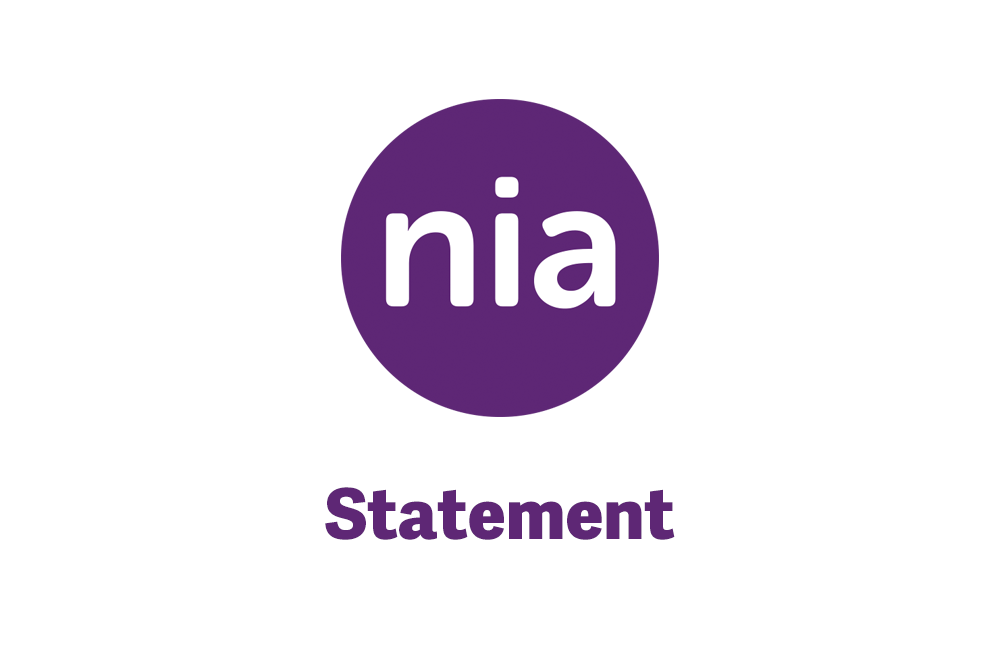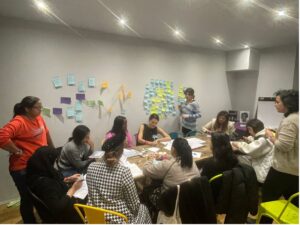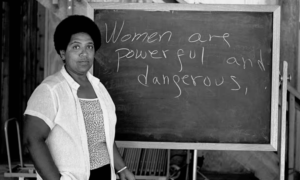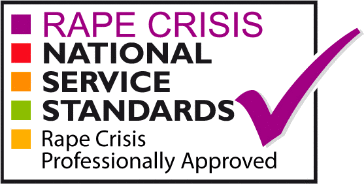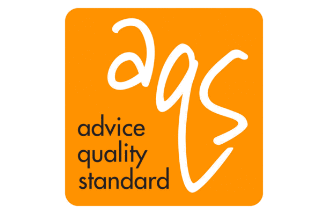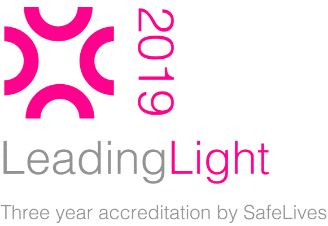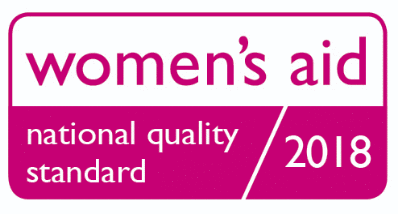Statement on News of the Government’s Intentions to Scrap Planned Reform of the Gender Recognition Act
nia has been supporting women subjected to sexual and domestic violence and abuse for over 40 years. We know, because throughout our decades of work women have told us, that our independence and that we provide single-sex services for women by women, matters a great deal to those who need our services.
It was immediately clear to us the proposed changes to allow people to self-identify their ‘gender’ created a conflict with women’s rights and protections. We know that sex matters, sexual and domestic violence are not ‘gender neutral’, but overwhelmingly perpetrated by men upon women. We know that gender is socially constructed and is a key instrument in maintaining sex inequality.
In cases nia is contracted to support male and/or transgender victim-survivors, where this is the case, they will receive the same high standards of support and advocacy. But we do not work with men, including transgender males in our refuges, our women’s centre or our group work. Last year we worked face to face with almost 1,500 women and girls – and 5 men, plus two more males who identified as transgender. We prioritise women and girls and our strategic, managerial and operational practices reflect this.
nia has largely stood alone amongst organisations supporting women, girls and children subjected to men’s violence in our openly-expressed commitment to maintain our singles sex services and apply the exemptions in the Equality Act which permit this. We did this because we put women survivors first. This has affected some of our relationships with other organisations, commissioners, funders and other stakeholders. When we made the decision to be vocal about our position, we knew it was not be without risks, but none of these were more important than supporting women; women who, all too often, have life histories of their voices not being heard and their needs overlooked. The resistance to these changes was led by survivors and feminists, both individuals and grassroot groups. We believe that without these women, the GRA reforms would have been passed and the planned erosion of single-sex provisions by groups like Stonewall would have intensified. We acknowledge the resistance of our sisters and extend of thanks to all.
We are alarmed that attempts to erase or change the meaning of the word woman to something that is meaningless and rooted in stereotypes continues and can be seen in institutions from high-street chains to the United Nations. We are incredulous at the denial of sex differences. We are fearful for the well-being of young women who are looking at transitioning in increasing numbers. We are angry that some of those who consider themselves as acting ahead of the law, do so at the expense of women and our lawful provisions. As feminists we want to rid society of the constraints of socially constricted gender and structural sex inequality. We know that there has not yet been an official announcement on the Government’s plans regarding reform of the Gender Recognition Act, neither on maintaining and strengthening the single-sex exemptions in the Equality Act. It is not yet time to celebrate but we are cautiously optimistic.
We remain committed to universal human rights; but for us diversity and inclusion mean making sure we provide the best possible support to all women who have been subjected to sexual and domestic violence, including prostitution. We recognise and value the differences between us and remain committed to addressing inequalities between women, as well as those between women and men.
Karen Ingala Smith, Chief Executive, nia

